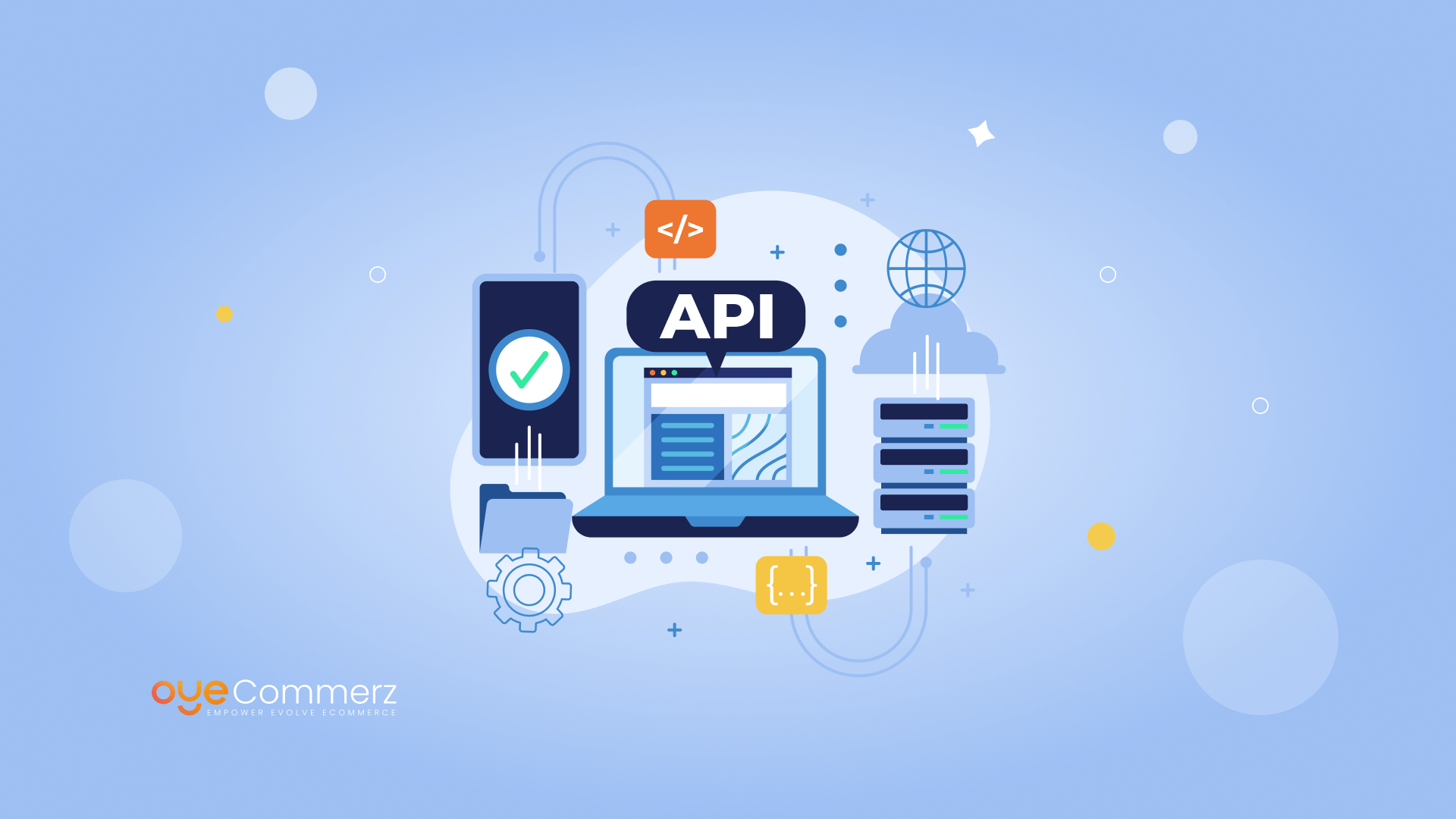Introduction
In the current competitive e-commerce environment, differentiating is essential, and one of the best ways to set apart a Shopify store is through custom app creation. A robust Shopify app can boost store capabilities, streamline operations, and boost customer engagement. This article explores essential aspects of Shopify app development, covering API integration and app ecosystem to scaling strategies and digital marketing approaches, providing a roadmap for companies looking for superior store efficiency.
The Importance of Shopify API Integration
Shopify’s API provides powerful tools to customize and expand store capabilities. With GraphQL and REST APIs, developers can retrieve information to create apps that handle inventory management, order handling, and customer information management smoothly. Integrating Shopify’s API can lead to better workflow automation and enables stores to serve customers more efficiently.
Utilizing the Polaris Design System
Polaris is Shopify's design system for designing intuitive and accessible Shopify apps. By adhering to Polaris guidelines, developers guarantee that apps integrate smoothly within the Shopify Admin interface. This provides a cohesive appearance that resonates with Shopify merchants, promoting usability and familiarity for merchants utilizing your custom app.
Understanding the Shopify App Ecosystem
The Shopify app ecosystem provides numerous opportunities for enhancing online stores. From managing fulfillment processes to boosting customer engagement, apps in this ecosystem are tailored to meet diverse business needs. Familiarizing with this ecosystem helps developers in finding unique app ideas and allows for smooth connections of third-party services that enhance the store.
Developing Embedded Shopify Apps
Embedded apps work seamlessly within the Shopify Admin, providing a smooth interface for merchants. They ensure that merchants don’t have to navigate away from their Shopify control panel, simplifying their process. Using Shopify App Bridge and embedded app capabilities is recommended for providing a unified, integrated user experience.
Leveraging Node.js and React for Shopify Development
The technologies Node.js and React have emerged as ideal tools for Shopify app creation. Node.js enables efficient server-side applications, while React enables dynamic, responsive front-end design. Combined, they offer an excellent platform for creating speedy, scalable Shopify apps that enhance store functionality and customer engagement.
Webhooks in Shopify Apps
Webhooks allow real-time data synchronization between Shopify and an external app. They trigger events such as order creation or inventory updates and provide immediate notifications to your app. By Shopify store improvement tips implementing webhooks, apps can deliver real-time information to store owners, streamlining workflows and increasing productivity.
Customer Engagement and Digital Marketing for Shopify Apps
To make a Shopify app successful, engaging customers is crucial. Utilizing digital marketing strategies like SEO, email marketing, and social media campaigns can drive app adoption. Additionally, designing apps with customer engagement in mind (e.g., loyalty programs or personalized suggestions) increases user retention and loyalty.
Scaling Your Shopify App
As e-commerce businesses grow, so do their technological needs. Ensuring that your app can manage higher usage, larger data sets, and more advanced functionalities is essential. By improving server resources and using scalable technologies, you can create apps that grow in tandem with a store’s success.
Essential Features and Maintenance for Shopify Apps
For an app to be effective, it should include key capabilities like user authentication, dashboard analytics, and support channels. Ongoing app maintenance, with updates to fix bugs and ensuring compatibility with new Shopify functionalities, is vital to ensure uninterrupted performance and avoid interruptions to business processes.
Summary
Custom Shopify Shopify Admin customization app development holds vast potential for e-commerce stores, providing the chance to improve performance, simplify operations, and build customer relationships. With API integrations and Node.js to ensuring scalability and customer interaction, building a Shopify app requires careful planning and well-planned actions. If you’re ready to unlock your store’s full potential, a tailored Shopify application may be the ideal solution. What capabilities do you envision for your dream application? Share your thoughts and begin the journey to an enhanced e-commerce journey!
